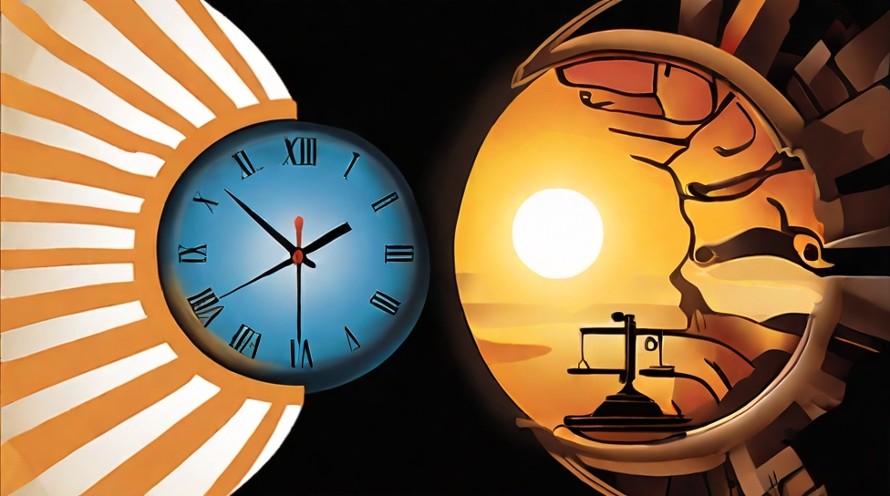A new study has found that medical malpractice incidents in the United States are more severe during the months when daylight saving time is observed.
The research, which examined three decades of malpractice claims, showed that both the severity of incidents and payment decisions were higher during daylight saving time compared to the months of standard time, even after accounting for whether states observe daylight saving time.
The study, published in the Journal of Clinical Sleep Medicine, also found that payment decisions were higher during the week following the spring transition to daylight saving time, although medical incidents were not more severe during this period.
Principal investigator Michael Scullin, an associate professor of psychology and neuroscience at Baylor University in Waco, Texas, said, “The spring daylight saving shift has long been connected to sleepiness, cardiovascular events, and driving accidents, but only recently have we begun to recognize that decision-making processes are also affected at the population level by the spring time shift. The current results add to this literature by showing that an area that one would hope would be immune — medical errors and malpractice litigation — is susceptible, too.”
The American Academy of Sleep Medicine (AASM) states that standard time is optimal because it aligns closely with “solar time,” the position of the sun in the sky. This synchrony is crucial for the body’s circadian rhythm, which regulates alertness, sleepiness, and other biological functions. Daylight saving time disrupts this rhythm by artificially shifting the clock time forward by an hour, affecting sleep, alertness, mood, and performance.
The researchers analyzed 288,432 malpractice claims from the National Practitioner Data Bank, comparing claims one week before and after the spring time change and assessing the chronic effects by comparing claims during daylight saving time months with those during standard time months.
First author Chenlu Gao, a postdoctoral research fellow at Massachusetts General Hospital, noted that while the study did not allow for an assessment of causality, the results suggest that daylight saving time impacts health care outcomes and costs. “In addition to the acute shift to daylight saving time, it is possible that several months of living under daylight saving time leads to accrued circadian misalignment, which then could affect medical errors and legal evaluations,” said Gao.
The researchers emphasize that their work, along with numerous other studies, documents the detrimental effects of spring daylight saving time transitions and calls for stakeholders and policymakers to reevaluate daylight saving time for the well-being of the general public.
#DaylightSavingTime
#MedicalMalpractice
#CircadianRhythm
#SleepHealth


